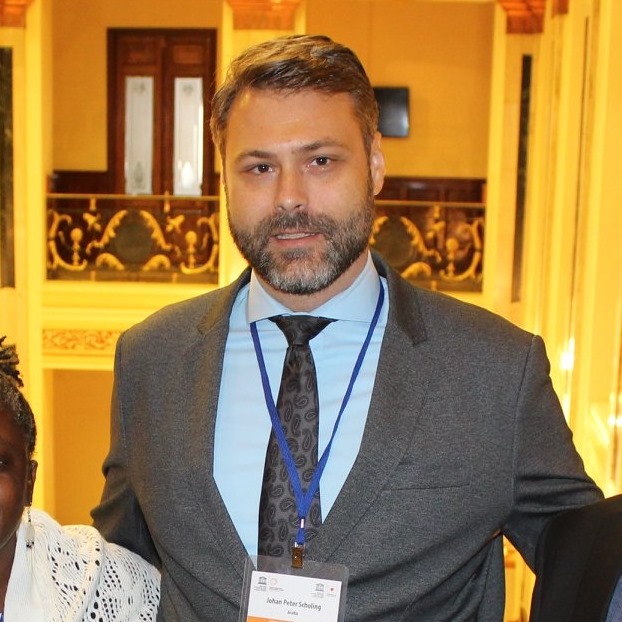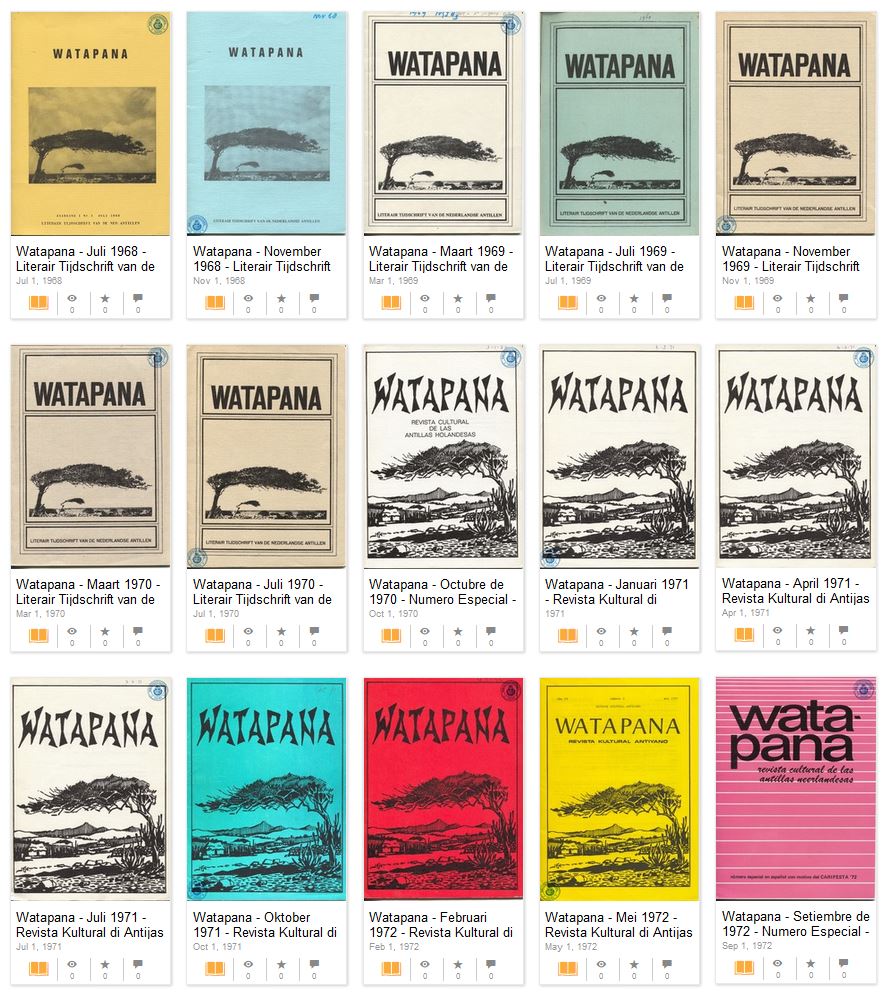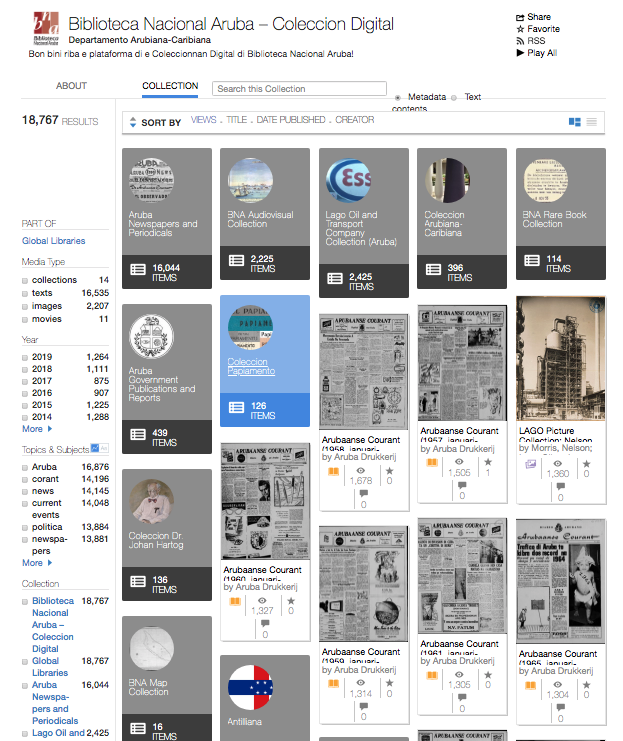I wanted to share my thoughts in response to the lawsuit against the Internet Archive filed on June 1 by the publishers Hachette, Harpercollins, Wiley, and Penguin Random House.
I founded the Internet Archive, a non-profit library, 24 years ago as we brought the world digital. As a library we collect and preserve books, music, video and webpages to make a great Internet library.
We have had the honor to partner with over 1,000 different libraries, such as the Library of Congress and the Boston Public Library, to accomplish this by scanning books and collecting webpages and more. In short, the Internet Archive does what libraries have always done: we buy, collect, preserve, and share our common culture.
But remember March of this year—we went home on a Friday and were told our schools were not reopening on Monday. We got cries for help from teachers and librarians who needed to teach without physical access to the books they had purchased.
Over 130 libraries endorsed lending books from our collections, and we used Controlled Digital Lending technology to do it in a controlled, respectful way. We lent books that we own—at the Internet Archive and also the other endorsing libraries. These books were purchased and we knew they were not circulating physically. They were all locked up. In total, 650 million books were locked up just in public libraries alone. Because of that, we felt we could, and should, and needed to make the digitized versions of those books available to students in a controlled way to help during a global emergency. As the emergency receded, we knew libraries could return to loaning physical books and the books would be withdrawn from digital circulation. It was a lending system that we could scale up immediately and then shut back down again by June 30th.
And then, on June 1st, we were sued by four publishers and they demanded we stop lending digitized books in general and then they also demanded we permanently destroy millions of digital books. Even though the temporary National Emergency Library was closed before June 30th, the planned end date, and we are back to traditional controlled digital lending, the publishers have not backed down.
Schools and libraries are now preparing for a “Digital Fall Semester” for students all over the world, and the publishers are still suing.
Please remember that what libraries do is Buy, Preserve, and Lend books.
Controlled Digital Lending is a respectful and balanced way to bring our print collections to digital learners. A physical book, once digital, is available to only one reader at a time. Going on for nine years and now practiced by hundreds of libraries, Controlled Digital Lending is a longstanding, widespread library practice.
What is at stake with this suit may sound insignificant—that it is just Controlled Digital Lending—but please remember– this is fundamental to what libraries do: buy, preserve, and lend.
With this suit, the publishers are saying that in the digital world, we cannot buy books anymore, we can only license and on their terms; we can only preserve in ways for which they have granted explicit permission, and for only as long as they grant permission; and we cannot lend what we have paid for because we do not own it. This is not a rule of law, this is the rule by license. This does not make sense.
We say that libraries have the right to buy books, preserve them, and lend them even in the digital world. This is particularly important with the books that we own physically, because learners now need them digitally.
This lawsuit is already having a chilling impact on the Digital Fall Semester we’re about to embark on. The stakes are high for so many students who will be forced to learn at home via the Internet or not learn at all.
Librarians, publishers, authors—all of us—should be working together during this pandemic to help teachers, parents and especially the students.
I call on the executives at Hachette, HarperCollins, Wiley, and Penguin Random House to come together with us to help solve the pressing challenges to access to knowledge during this pandemic.
Please drop this needless lawsuit.
–Brewster Kahle, July 22, 2020





